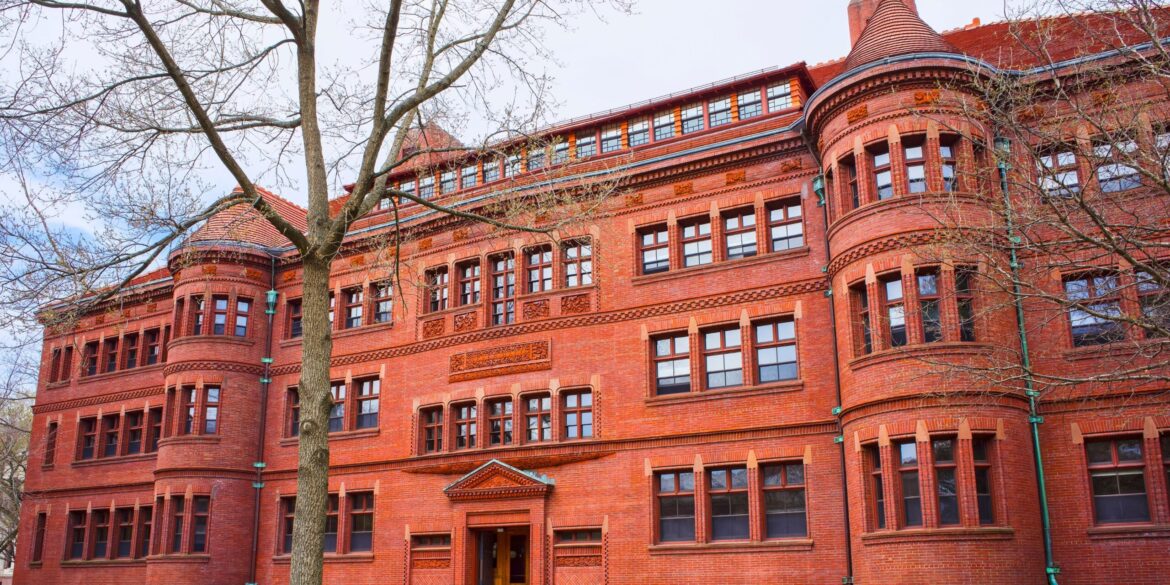President Donald Trump has escalated tensions with Harvard University by terminating all remaining federal contracts, intensifying a broader dispute over antisemitism and ideological bias on campus. This unprecedented move adds to an earlier freeze of approximately $3.2 billion in federal funds, now followed by an additional $100 million in cuts.
The administration has instructed all federal agencies to find alternative contractors and submit a report on current contracts with Harvard by June 6. The White House justified the decision by citing what it described as the university’s ongoing failure to respond adequately to concerns over antisemitism, campus discrimination, and a perceived lack of intellectual diversity.
This latest development marks a dramatic pivot in the federal government’s relationship with one of America’s most prestigious institutions of higher education. While tensions between the Trump administration and Ivy League schools have simmered for years, the current wave of action represents a striking escalation. According to officials, the move is part of a larger initiative to ensure taxpayer dollars are not used to support institutions they claim promote discriminatory or exclusionary practices.
A Broader Federal Campaign
Beyond cutting contracts, the administration has intensified scrutiny of Harvard’s international student population. Officials have reportedly sought enrollment records and immigration compliance data for non-U.S. students currently attending the university. Moreover, policy proposals are underway to revoke Harvard’s long-standing tax-exempt status.
In Congress, a new bill backed by House Republicans aims to impose higher taxes on endowments of ultra-wealthy universities. Harvard, with an endowment of $53.2 billion—the largest in the world—could be disproportionately impacted. Proponents of the legislation argue that institutions with such vast financial reserves should contribute more in taxes and be held to higher standards of accountability.
Harvard’s Response
Harvard University President Alan Garber issued a strong response, asserting the institution’s commitment to its values, including academic freedom, diversity, and inclusion. Garber emphasized that Harvard will defend its community and mission in the face of what he characterized as politically motivated attacks. He added that the university has implemented multiple new initiatives to combat antisemitism and foster respectful discourse among students and faculty.
Harvard has also taken legal action, filing lawsuits challenging the federal directives and seeking protection under constitutional guarantees of academic autonomy and equal treatment. Legal experts suggest the case could have lasting implications for how public funding intersects with university governance and free expression on campus.
Impact on the Academic Community
The federal government’s actions have sparked widespread concern in academic circles. Scholars and education leaders warn that cutting federal contracts could hamper research programs, particularly in science, technology, and public health, where Harvard plays a leading role. Students and faculty have staged protests, calling for both the administration and the university to ensure protection against all forms of hate without undermining academic freedom.
In particular, the potential disruption to international student enrollment has generated alarm. Harvard’s diverse global community is central to its academic mission and reputation. If foreign students perceive the U.S. as a hostile environment for higher education, experts caution it could harm the broader appeal of American universities.
Political Ramifications
The controversy arrives during an election cycle, further politicizing an already heated debate. Supporters of the administration’s moves claim they are standing up for marginalized voices on campus and ensuring universities are held accountable. Critics argue the actions represent government overreach and could set a dangerous precedent for political interference in academic institutions.
Whether this confrontation leads to a lasting reshaping of federal-university relations or simply serves as a flashpoint in an ongoing culture war remains to be seen. What is clear is that the rift between Washington and elite academia is widening—and Harvard finds itself at the center of that storm.

